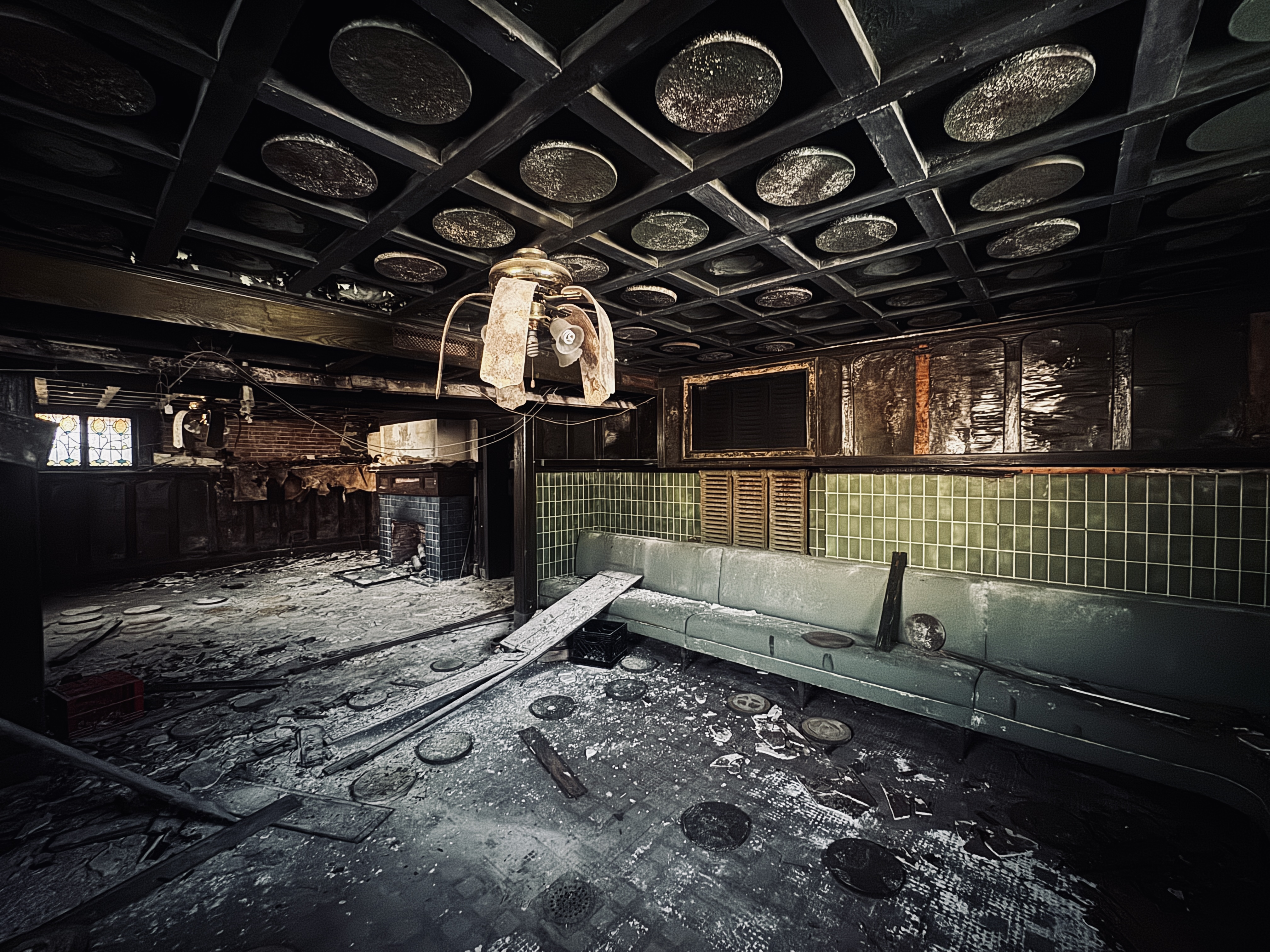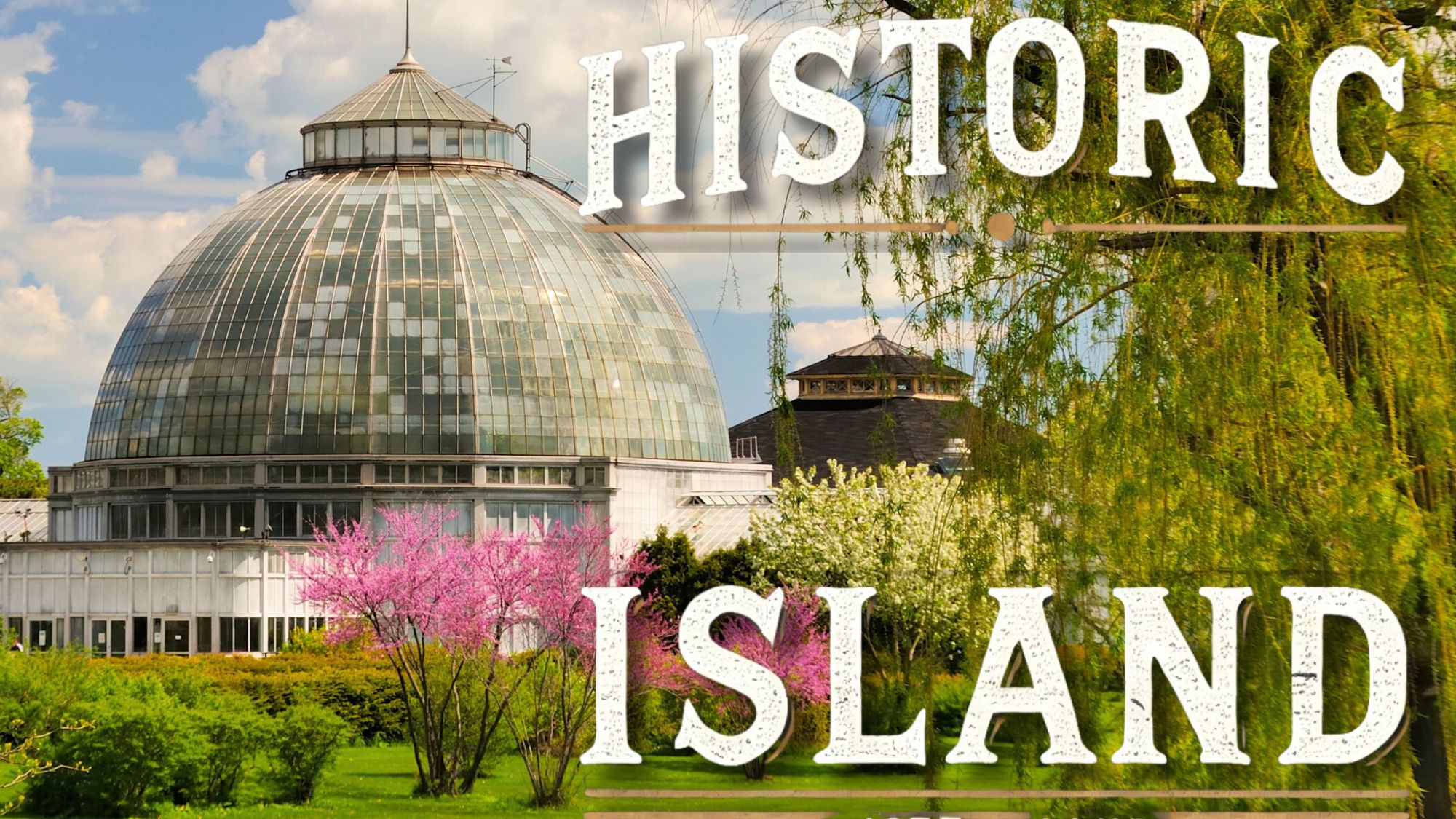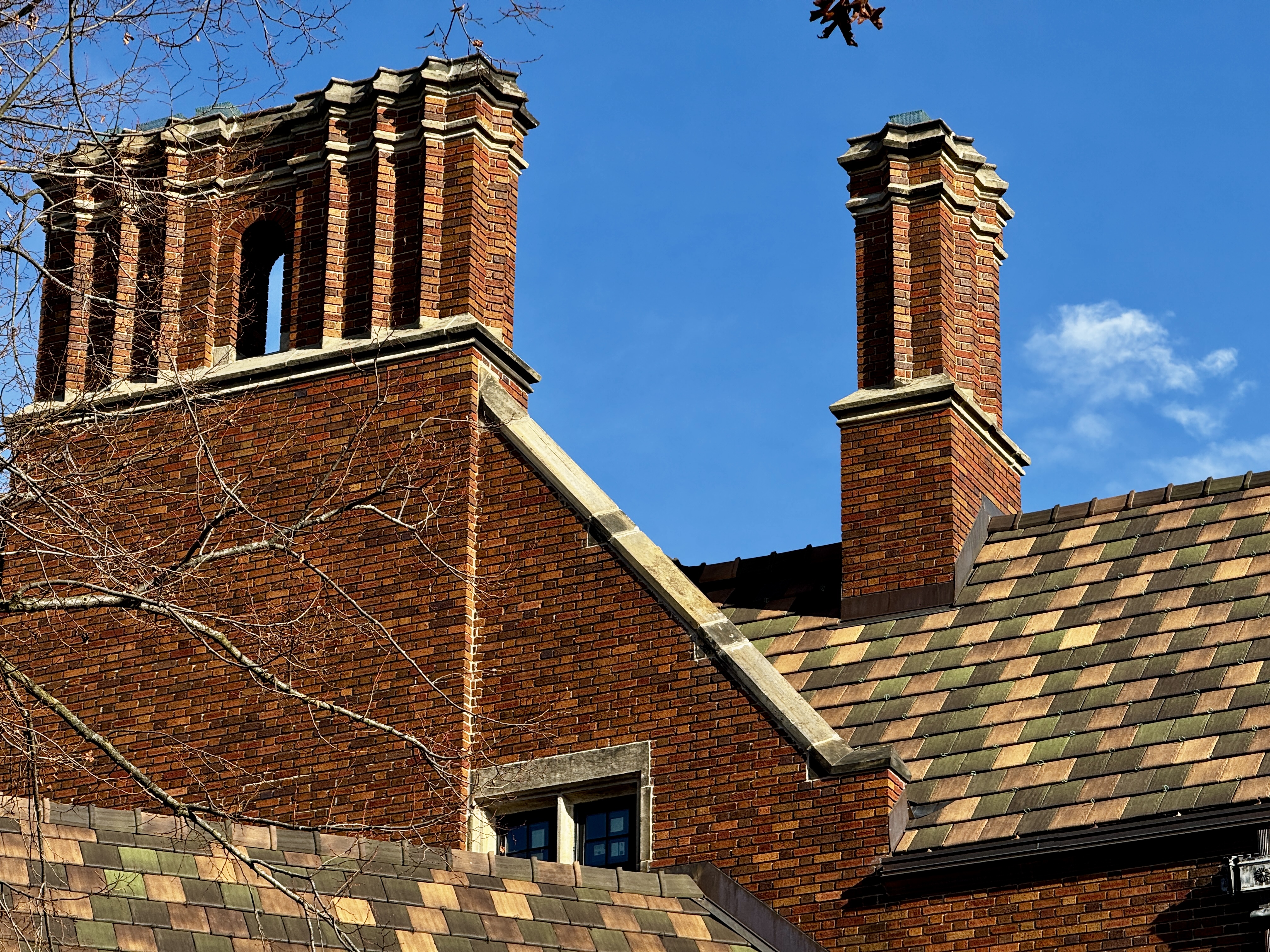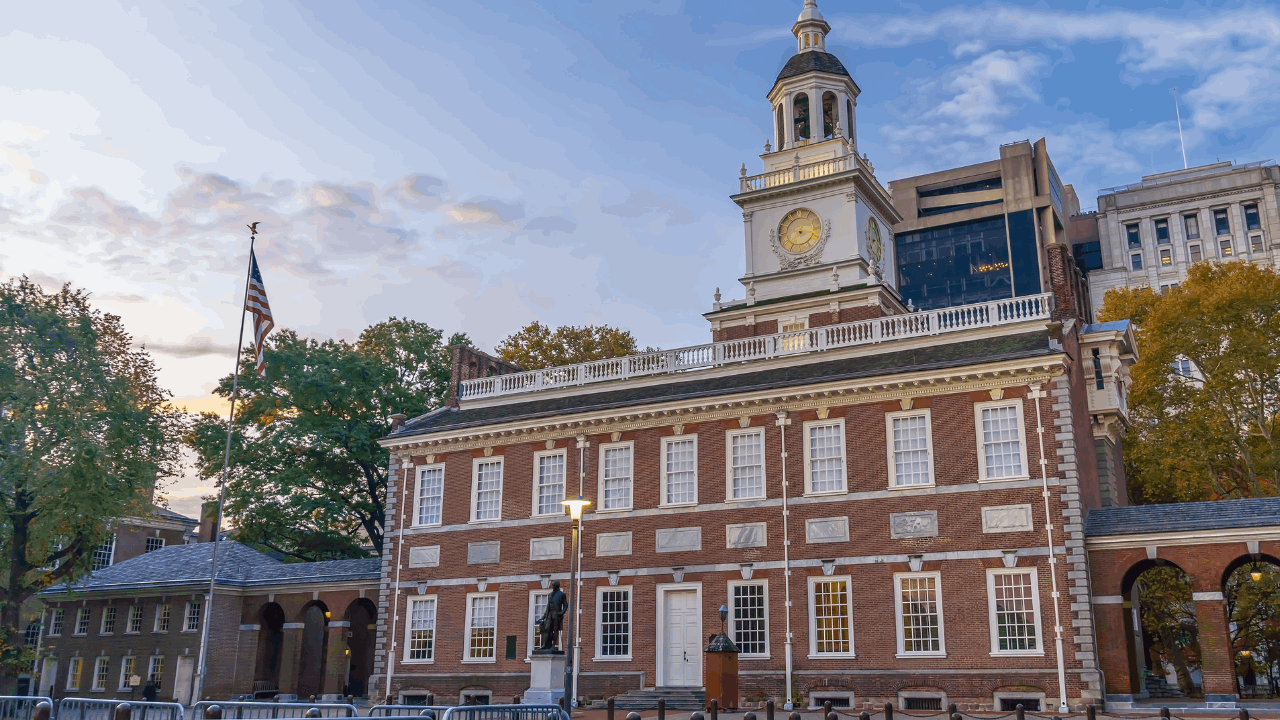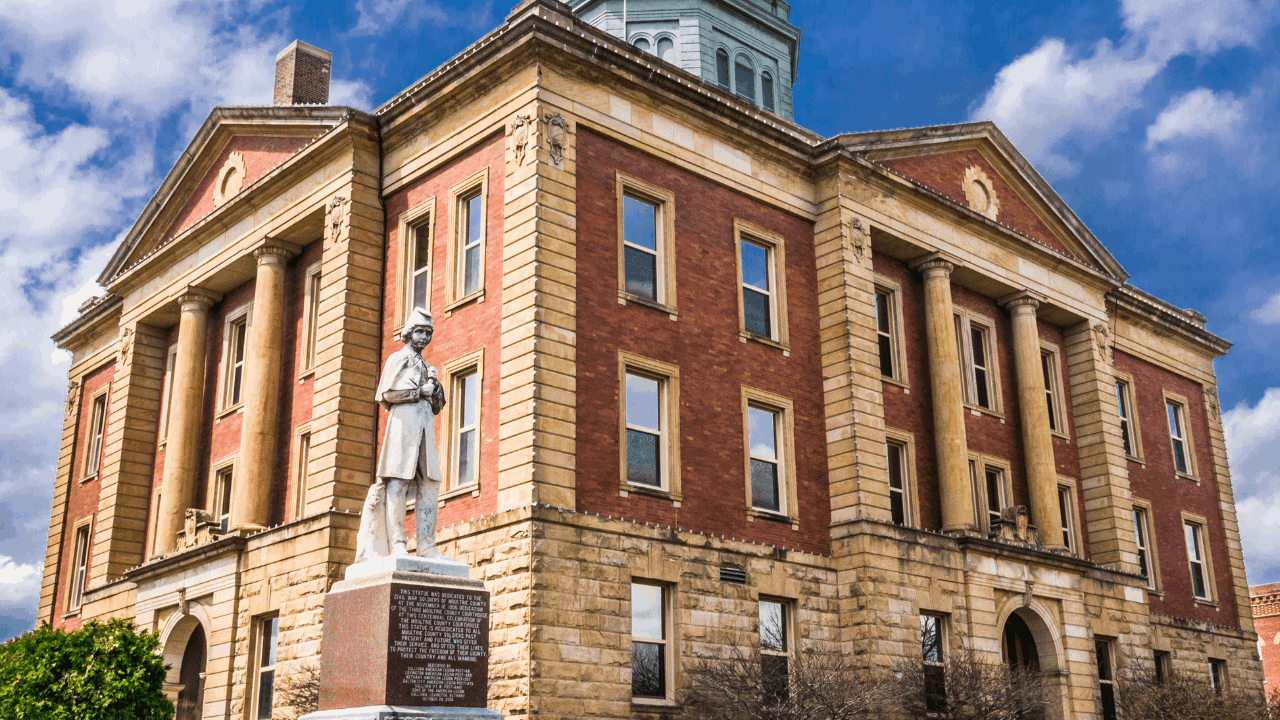Historic Preservation Loans: A Guide to Restoring Your Historic Home
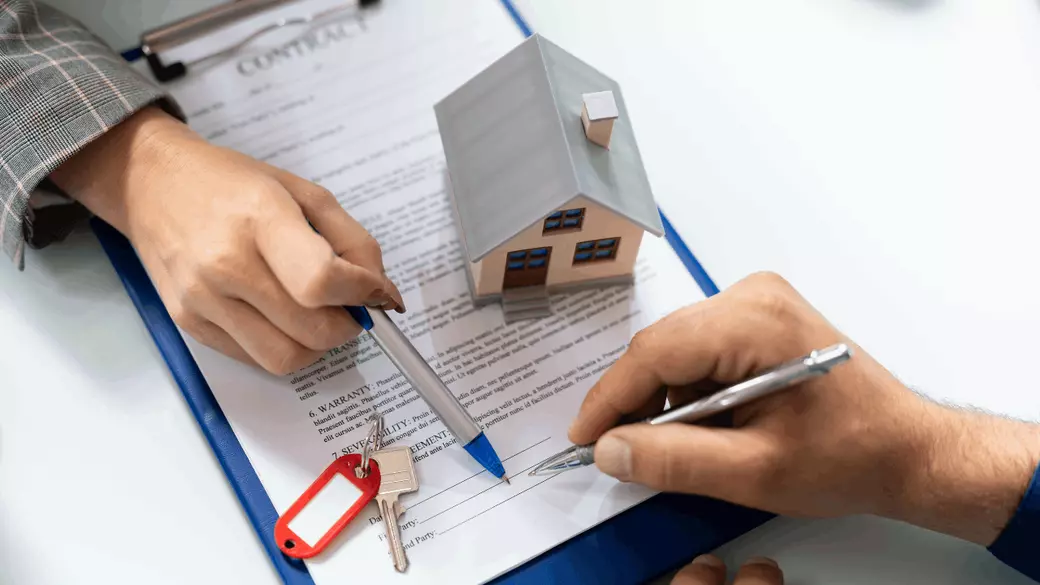
Restoring a historic home is more than a renovation—it’s a commitment to preserving history and craftsmanship. However, such projects often require substantial investment. Historic preservation loans offer financial support to homeowners and investors dedicated to maintaining the architectural beauty and cultural significance of historic properties. Here’s everything you need to know about these loans and how to use them to bring your historic home back to life.

What Are Historic Preservation Loans?
Historic preservation loans are specialized financial products designed to assist in the restoration and maintenance of historic properties. These loans can be used for:
- Structural repairs and stabilization
- Restoring original architectural features
- Upgrading outdated systems while preserving historic integrity
- Adapting the property for modern use
These loans are offered by federal, state, and local governments, as well as private lenders and nonprofit organizations.
Types of Historic Preservation Loans
1. Federal Loans and Grants
The U.S. government provides various programs to support historic preservation, including:
- Section 203(k) Rehabilitation Mortgage Insurance: Offered by the FHA, this loan combines purchase and renovation costs into a single mortgage.
- Historic Rehabilitation Tax Credits: While not a loan, this program offers financial relief by providing tax credits for certified rehabilitation projects.
2. State and Local Loan Programs
Many states and municipalities offer loans or grants specifically for historic properties. These programs often require the property to be listed on a historic registry or located in a historic district.
3. Private Lender Loans
Some banks and credit unions provide loans for historic properties. These may include favorable interest rates and terms for projects focused on restoration.
Benefits of Historic Preservation Loans
- Preservation of Heritage: Ensures the continued legacy of historic properties.
- Increased Property Value: Restored homes often see a significant rise in market value.
- Access to Financial Assistance: Lower interest rates and favorable terms compared to traditional loans.
- Tax Incentives: Pairing loans with tax credits can make restoration more affordable.
Eligibility Requirements
Eligibility criteria for historic preservation loans vary depending on the lender or program. Common requirements include:
- The property must be designated as historic or located in a registered historic district.
- The restoration project must align with the Secretary of the Interior’s Standards for Rehabilitation.
- Applicants may need to submit detailed plans and budgets for approval.
How to Apply for a Historic Preservation Loan
- Determine Eligibility: Confirm your property’s historic status through local or national registers.
- Research Loan Programs: Explore federal, state, and private options.
- Prepare Documentation: Gather property details, a restoration plan, cost estimates, and proof of historic designation.
- Apply with Confidence: Submit your application to the appropriate lender or agency.
Tips for Successful Restoration Projects
- Work with Experts: Hire contractors experienced in historic preservation.
- Understand Guidelines: Follow local preservation laws and standards.
- Be Prepared for Costs: Unexpected expenses can arise, so budget accordingly.
- Use Sustainable Materials: Modernize responsibly while maintaining historic integrity.
Conclusion
Historic preservation loans are invaluable tools for anyone committed to restoring and preserving historic properties. By understanding the types of loans available and the application process, you can secure the funding needed to bring your vision to life while honoring the past.
Ready to restore your dream historic home? Let’s start your journey together. Contact History Loves Company for more insights, listings, and guidance tailored to historic homeowners.
Subscribe to our newsletter for more tips on historic preservation and real estate, and follow us on YouTube for property tours and restoration advice!
Categories
Recent Posts


